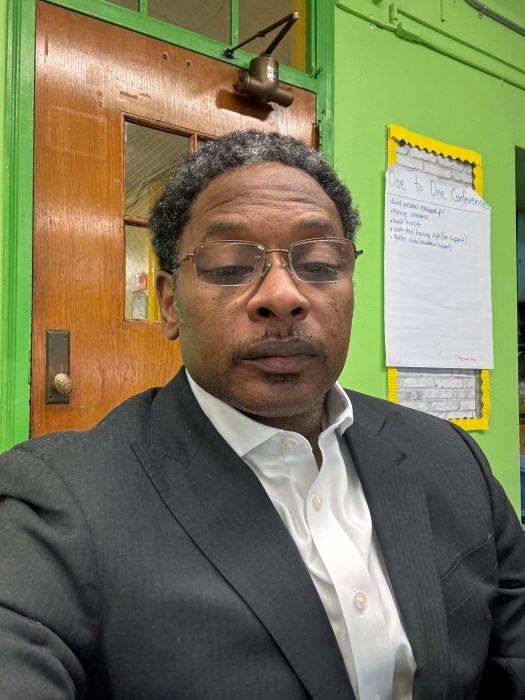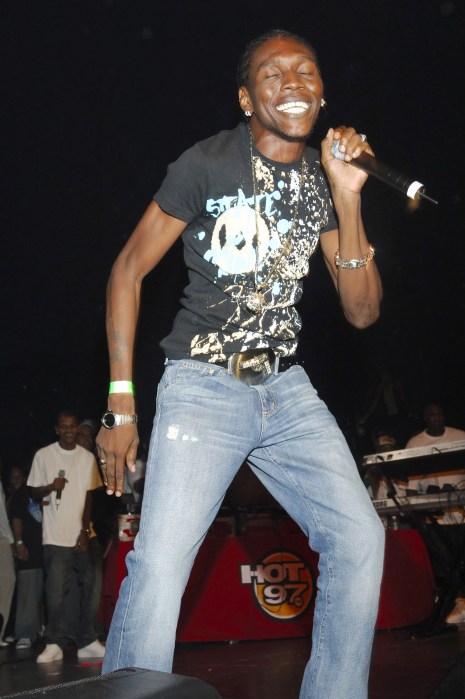Clear signs are emerging that authorities in the Caribbean Community nation of Suriname are preparing to bring sedition-related charges against former military strongman and two-time former president Desi Bouterse for recent remarks that officials say most definitely threatened the peace in the country.
The moves came a week after Bouterse made some surprising comments at a National Democratic Party (NDP) forum at which he said that some of the ills the society are seeing under the administration of President Chan Santokhi can only be dealt with through alternative means. “You will only be able to remove these things with weapons,” Bouterse told a rally after appearing at a court tribunal for the very first time during 12 years of hearings into the December 1982 murders of 15 government opponents while he was the military strongman.
Large sections of the society erupted and called for his head after the remarks were reported, recalling the fact that there were two military coups while Bouterse was army leader and military strongman — in February 1980 and on Christmas Eve 1980. Such utterances from persons of a lesser track record than Bouterse, 75, might have been largely ignored, but the coalition appears to me grasping at every opportunity to weaken his influence and that of the NDP in time for the 2025 elections and keep the four-party coalition together as the government is struggling to come to grips with an economy that is in a tailspin.
On Tuesday of this week, Santokhi, a former police chief and justice minister, announced that cabinet had established a special sub committee to review the remarks and that government had also asked the state prosecutor’s office to officially launch a probe that would most likely lead to a fresh round of charges against the former president and coup-making ex rebel army sergeant who first turned the country upside down when he and other non commissioned officers had staged the coup 40 years ago.
“The remarks are against the rule of law, against the nation. I have asked the prosecutor general to judge whether the verdicts are punishable and that he is taking steps based on his judgment as prosecutor general. The police have been ordered to investigate,” said Santokhi, ironically on the very same day that the Dec. 8 murders were commemorated.
Now that he is no longer president and commander in chief, Desi Bouterse faces the real prospect of being ordered to jail to begin serving a 20 year sentence a court imposed on him a year ago for the mass murders. He has since filed an appeal and had turned up at the court recently to read a lengthy statement denying ordering the killings, blaming The Netherlands for influencing the court and the investigation and authorities for not calling witnesses who could have favorably testified for him.
In what can also be deemed as a very bad 10 days for Bouterse and the NDP, cabinet is set to soon abolish Feb. 25 — the date of the first coup — as a national holiday as Bouterse faces the possibility of jail and sedition charges.
In general elections held in May, his NDP dropped from 26 to 16 seats, paving the way for Santokhi’s coalition to win power. Other parties with parliamentary seats had refused to team up with the NDP based on its track record with other parties which had coalesced with it, casting the NDP to the opposition benches and setting the stage for some of the problems it faces today.
If those problems are not enough, police had rounded up, arrested and detained former vice president Adhin Ashwin for more than a week for allegedly disposing up some multimedia equipment belonging to the VP’s office. Ashwin has vowed to fight to the bitter end.

























